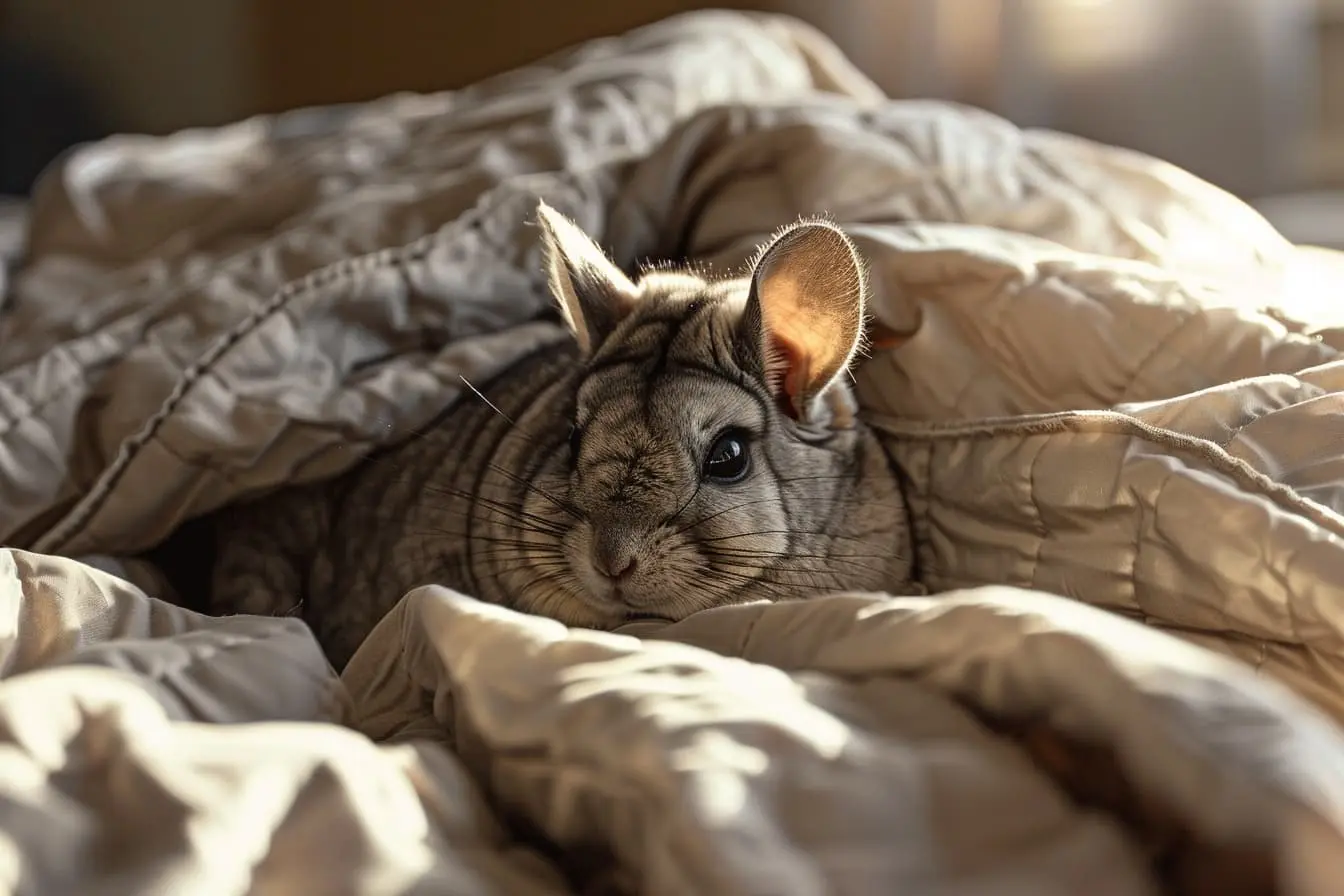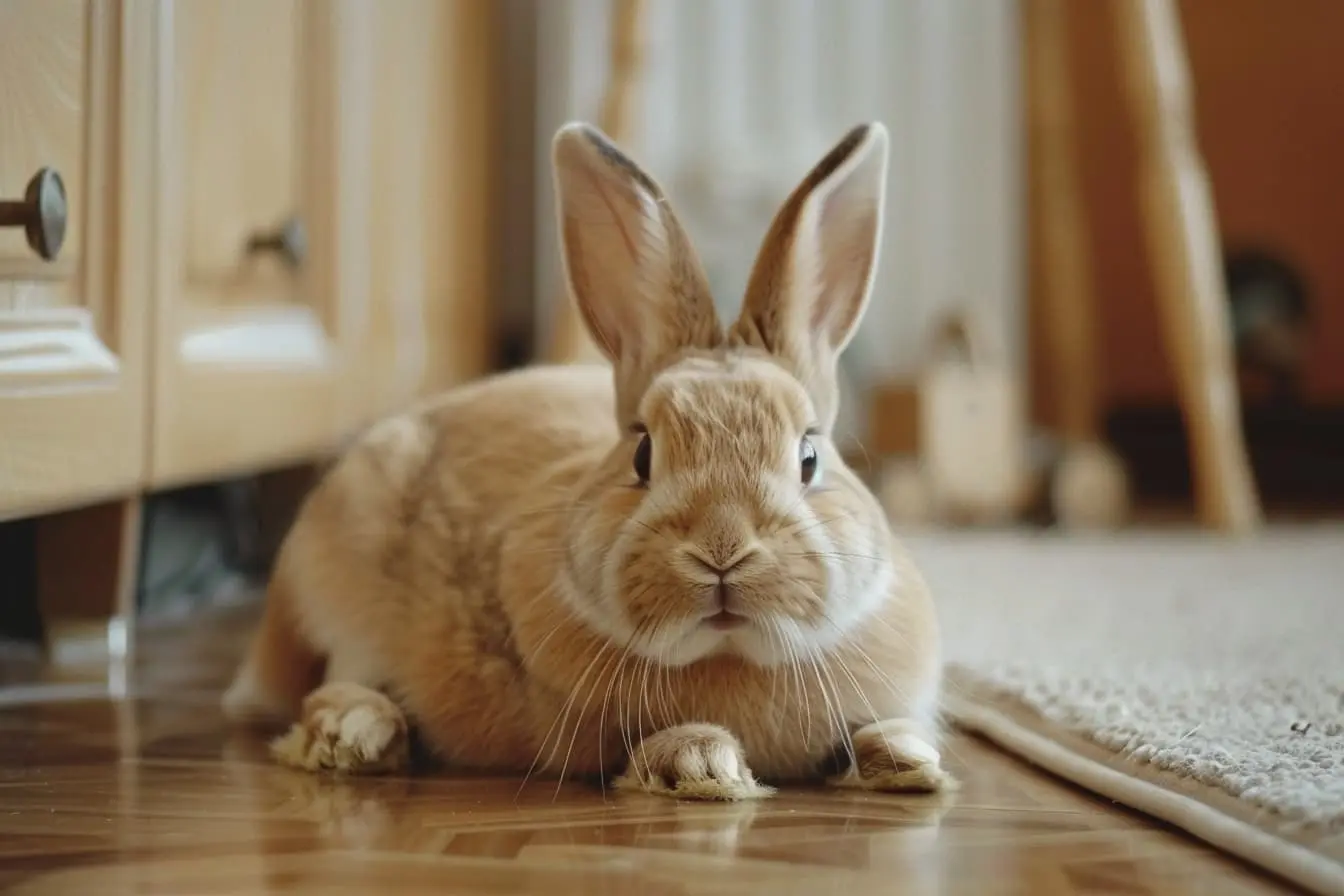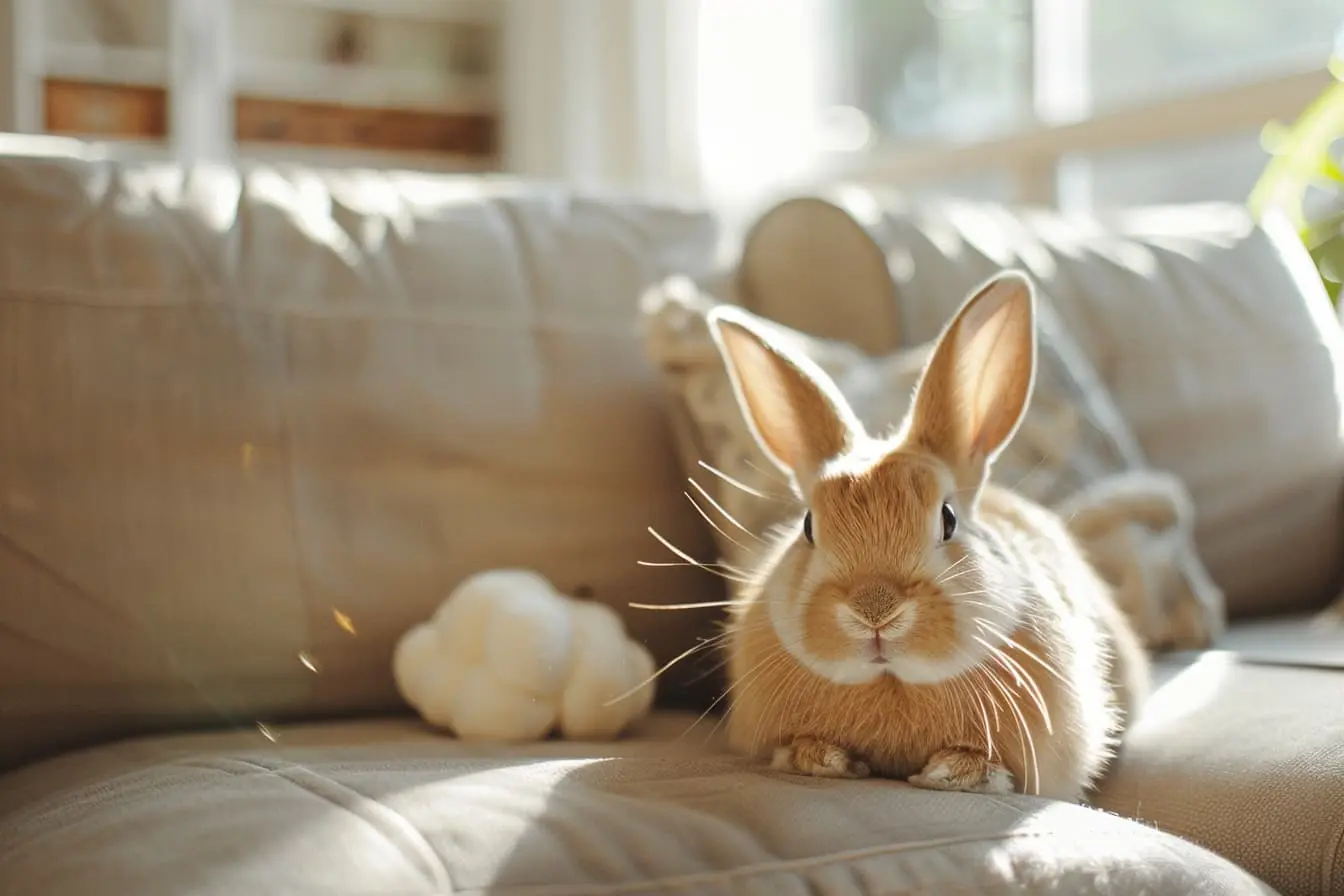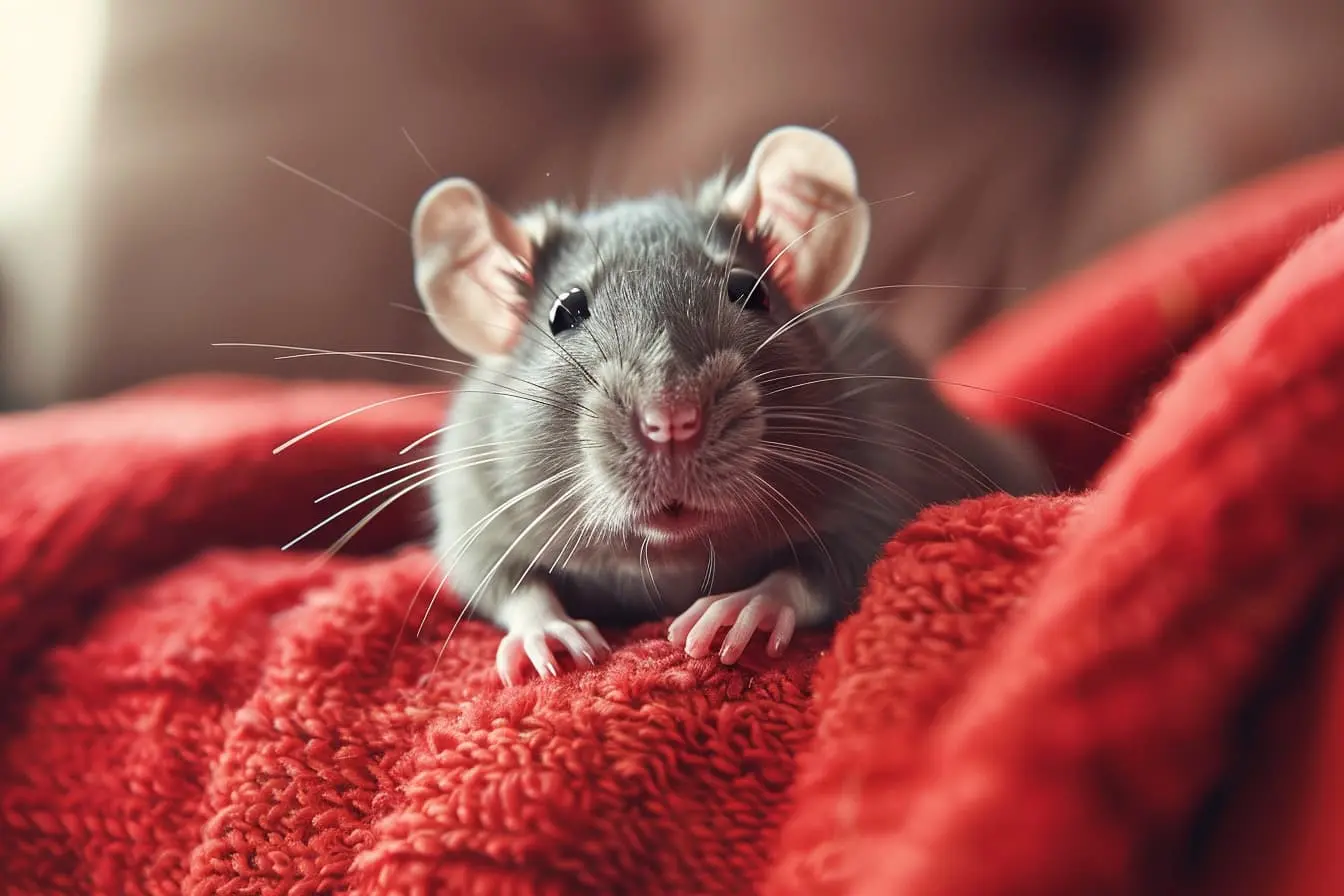
The Crucial Choice: Neutering Your Pet Chinchilla for Their Well-being
Chinchillas are charming, with their soft fur and lively personalities captivating pet owners worldwide. As with any pet, owning a chinchilla comes with responsibilities, including decisions about their health and welfare. Neutering is one such consideration that can have significant benefits for your chinchilla's health and behaviour. This post explores why neutering your chinchilla is important and the positive impact it can have on their life.
Understanding the Benefits of Neutering Chinchillas
Neutering, which refers to the surgical removal of the testes in males, is a procedure that can help mitigate several health and behavioural issues in chinchillas.
Health Benefits
- Reduces Aggression: Neutered chinchillas often show less aggression towards other chinchillas, making it easier to keep them in social groups without the risk of serious conflicts.
- Prevents Unwanted Offspring: Chinchillas can reproduce quickly, and managing a population can be challenging. Neutering prevents unexpected litters, contributing to animal welfare by reducing the number of pets needing homes.
- Lowers Risk of Health Issues: Neutering can decrease the risk of certain reproductive diseases and complications, contributing to a healthier, longer life for your chinchilla.
Behavioural Advantages
- Eases Social Integration: Neutered chinchillas can be more amiable companions, both to humans and fellow chinchillas, facilitating smoother introductions and social interactions.
- Reduces Marking Behaviour: Male chinchillas may exhibit less territorial urine spraying after being neutered, helping maintain a cleaner and more pleasant living environment.
Considering Neutering for Your Chinchilla
When to Neuter
The best time to neuter a chinchilla is typically before they reach sexual maturity, around 8 to 12 months of age. However, consulting with a vet experienced in exotic pets is crucial to determine the optimal timing based on your chinchilla's health and development.
Choosing the Right Veterinarian
Neutering chinchillas requires specialised knowledge and skills due to their unique physiology. It's important to select a veterinarian with experience in performing surgeries on chinchillas to ensure the best care and outcome.
Post-Surgical Care
After the procedure, your chinchilla will need a quiet place to recover, away from any stresses. Follow your vet’s instructions for post-operative care, including wound monitoring and pain management, to support a smooth recovery.
Addressing Common Concerns
Safety of the Procedure
While any surgical procedure carries risks, the advancements in veterinary medicine have significantly reduced these risks. The benefits of neutering often outweigh the potential complications, especially when performed by a skilled vet.
Behavioural Changes
Some owners worry about potential changes in their chinchilla's personality post-neutering. However, while neutering can reduce aggression and sexual behaviours, it does not change their fundamental nature. Your chinchilla will remain the playful and affectionate companion you know.
Cost Considerations
The cost of neutering can vary, but investing in your chinchilla’s health and happiness is invaluable. Some veterinary practices or animal welfare organisations may offer support or reduced rates.
Conclusion
Neutering your chinchilla can be a beneficial decision for both you and your pet, contributing to a harmonious household, preventing unwanted pregnancies, and reducing the risk of certain health issues. It's a responsible step that underscores your commitment to providing the best possible care for your chinchilla. As with any health-related decision, consult with a veterinarian to discuss the best course of action for your pet’s specific needs and circumstances.
Vets near you
Speciality vets
- Aquatics vet specialists
- Birds vet specialists
- Camelids vet specialists
- Cats vet specialists
- Cattle vet specialists
- Deer vet specialists
- Dogs vet specialists
- Equines vet specialists
- Exotic vet specialists
- Goats vet specialists
- Pigs vet specialists
- Poultry vet specialists
- Sheep vet specialists
- Small Mammals vet specialists
- Wild vet specialists
Vet facilities
- Accessible by public transport
- Blood testing
- Car park nearby
- Client car park
- Dentistry
- Diagnostic imaging
- Disabled public access
- Flea and worm treatments
- Microchipping
- Mobile services
- Neutering
- Open at weekends
- Out-of-hours service
- Referral interests
- Referrals only
- Street parking outside
- Toilets available
- Vaccinations



